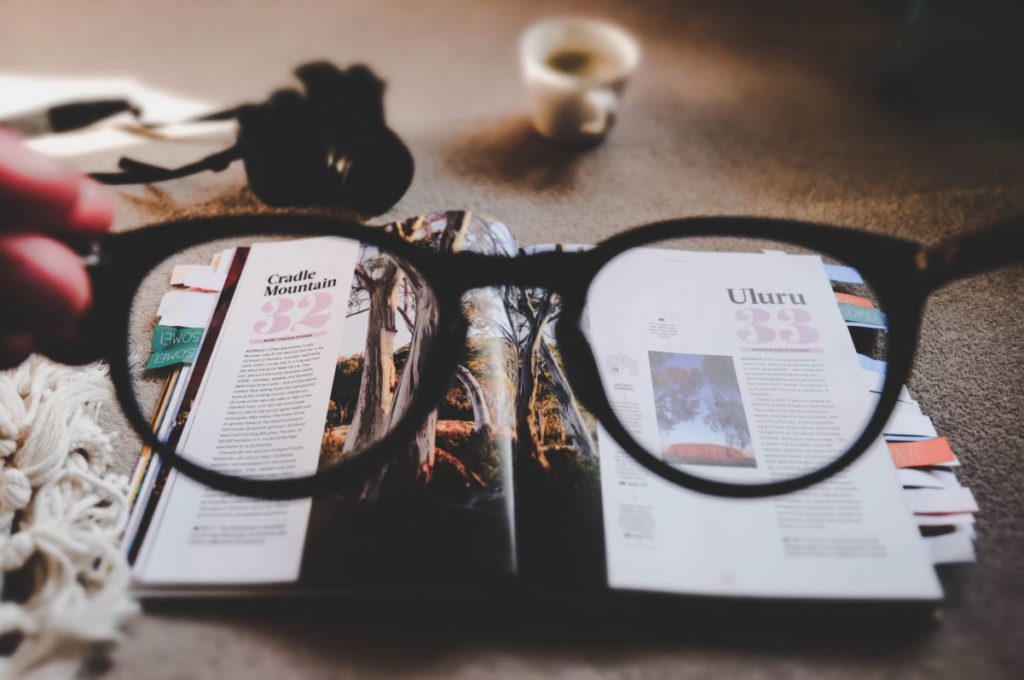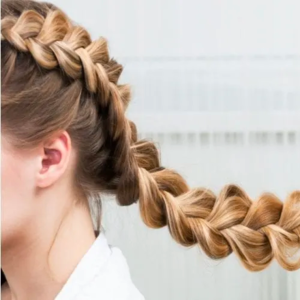Would you rather have the power of flight or invisibility? Shapeshifting or healing powers? Sadly, we are not in a Marvel comic book, and so these superpowers are just out of reach. That said, however, what we can do is use specific training to boost our current senses – the closest thing we have to real-life superpowers!
Sensory perception
Although most of us are under the impression that the senses we have are what we have to live with (frustrating for the glasses-wearers among us!), scientists have actually found that sensory perception is flexible and that we may be able to improve it to develop “super senses”! We all know that hearing and vision ability differs between individuals (why is it that your Mom can hear the tiniest creak of a floorboard when you are sneaking around at night?!), but what you may not be aware of is that some people have a highly perceptive sense of taste, and are known as “supertasters”. Generally speaking, women, due to their smaller fingers and therefore more closely packed together touch receptors, are better at feeling touch.

Perceptual learning
It is important to remember that the sensory receptors, for example, our ears, eyes, nose, etc., largely set the limit on our sensory perception. For example, if one of these receptors is damaged in any way, that will affect the quality of perception, however, the science of perceptual learning works on the notion that these feelings are more malleable than previously thought. In the same way that one might improve language skills or even train for sport, we are able to improve how well we can see, taste, hear, feel and smell.
Training our senses
A way in which we might do this, for example, is to apply varying frequency of vibrations to a fingerpad and ask the trainee to make a judgment about the stimuli, such as whether they felt as though to bursts of vibrations were the same, or different. These comparisons would start off easy and then gradually get more difficult, hopefully improving the individual’s ability to experience stimuli.
Incredible results
If you really put your mind to it, you could be looking at dramatic results and substantial improvements. This would require dedication to the training, however, in some studies, just two hours of training has led to improvements of up to 42% of the participant’s original ability! Some training has shown to produce results in the hyperacuity range, which is beyond what should be allowed by the sensory receptors! An example of this is when the visual ability is at a finer resolution that the spacing between individual eye receptors – almost as if seeing better than the pixels in a photo would allow. Although this seems impossible, there is an explanation. The photoreceptors in your eye do not alter at all, but your brain’s ability to filter out noise and tune into the signal becomes more refined.

Being able to see, hear, feel, taste and smell better would be great for us all although, at the moment, training is not available to everyone as it is still in the experimental study stage. However, tech developers and scientists have been looking at ways that this idea can be franchised, perhaps by creating perceptual learning apps that would allow all of us to access the science and training needed to be able to improve the way in which we experience sensory stimuli. In the next few years, we could all have super senses!







